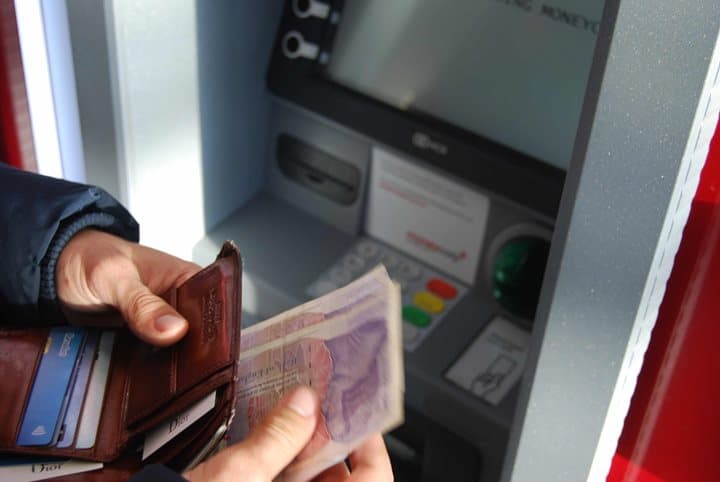Should You Pay Off Your Mortgage Early?
Whether you’ve got a lump sum or a little extra available every month, is paying off your mortgage early the best thing to do?

Whether you’ve got a lump sum or a little extra available every month, is paying off your mortgage early the best thing to do?

Compare moving quotes in 4 simple steps